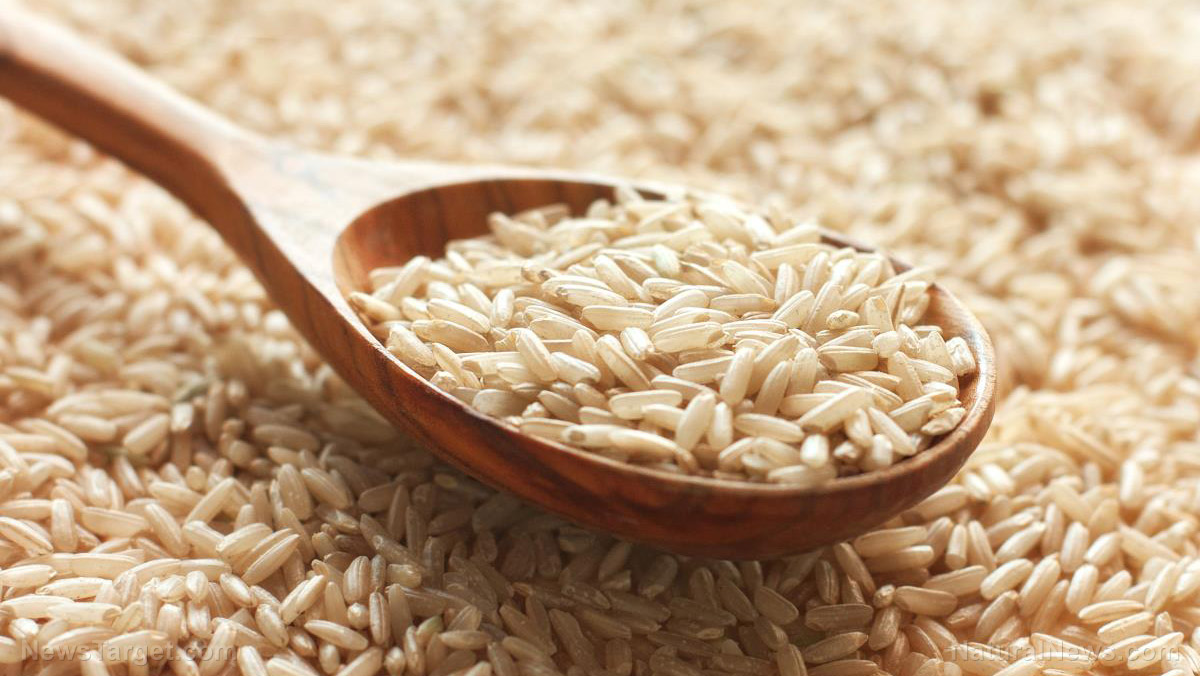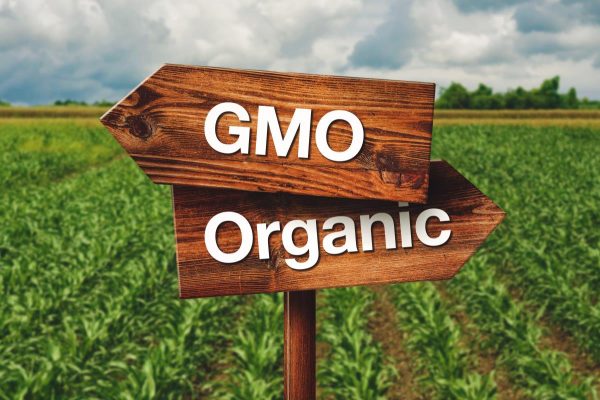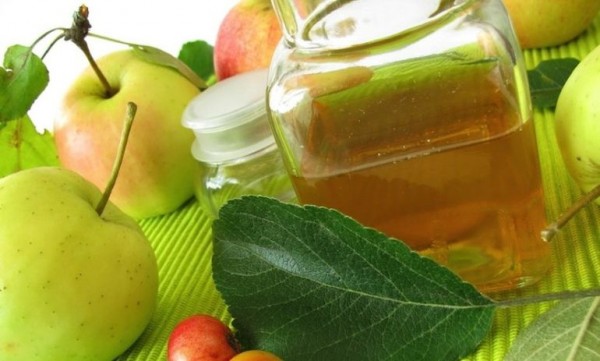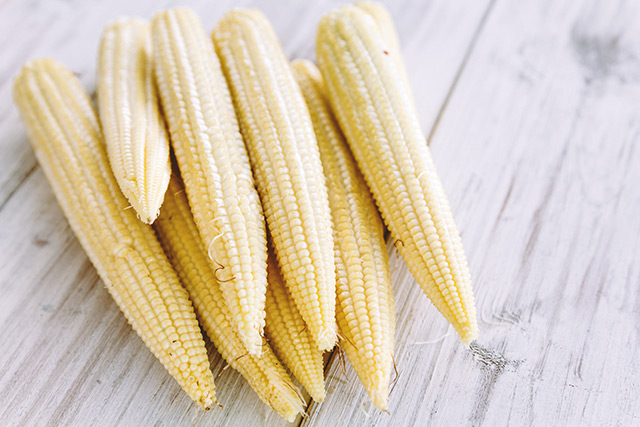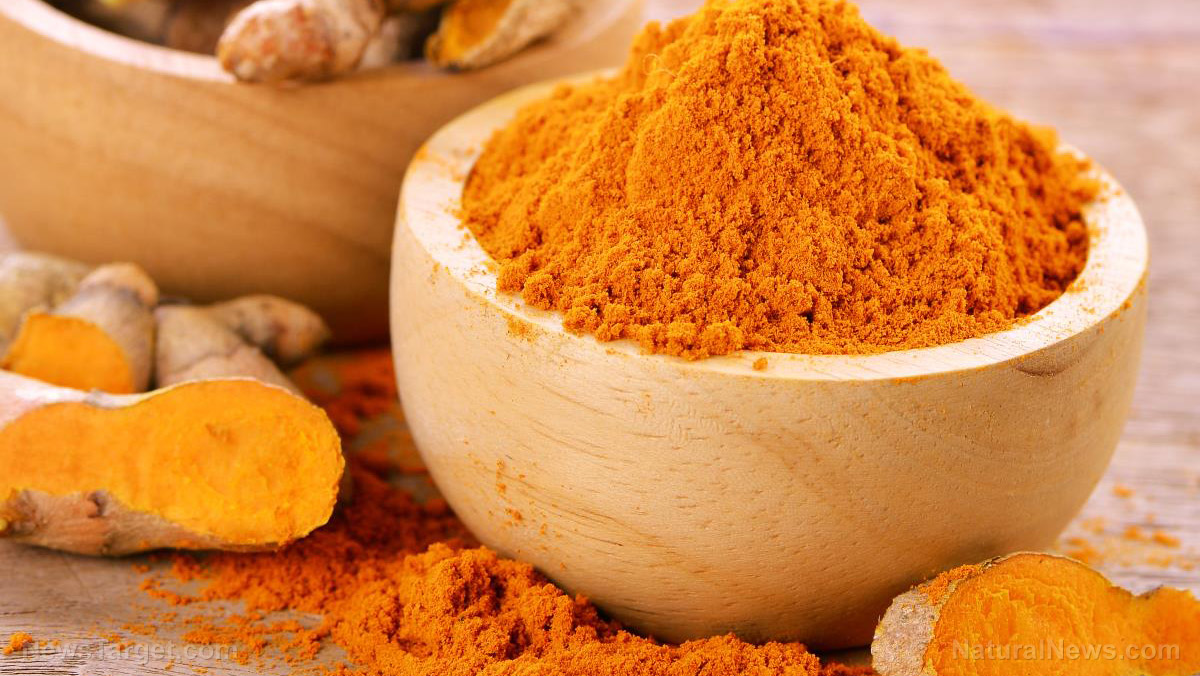Whether or not tomatoes are your favorite part of a salad (or pizza), there are certainly good reasons to include as many of them in your diet as possible. One of the greatest reasons is the fact that the lycopene that gives tomatoes their beautiful color is one of the most potent anti-cancer agents yet discovered by scientists.
Though researchers have been aware of lycopene’s powerful anti-cancer capabilities for over 30 years, more recently, a significant amount of research has gone into unlocking just how this compound can best be used as part of the cancer fighting arsenal.
LifeExtension Magazine notes that cancer is the second leading cause of death in the United States, affecting over 21 million Americans at any given time. The fact that lycopene can effectively prevent and treat cancer is therefore vitally important.
What is lycopene and how does it work?
Lycopene is found not only in tomatoes, but also in pink grapefruit, papaya and watermelon. It is a carotenoid – a type of pigment that gives some red fruits their beautiful hue. Lycopene is a powerful antioxidant that neutralizes free radicals in the body, preventing DNA damage and helping cells to function optimally. (Related: Add tomatoes to your diet for numerous health benefits.)
As reported by FitDay, in addition to its cancer fighting credentials, lycopene has also been proven to reduce heart disease risk by 50 percent, reduce the risk of arteriosclerosis (a build-up of plaque in the arteries), protect the skin from UV radiation damage caused by excessive sun exposure, and fight the signs of aging.
What the science says about lycopene and cancer
NaturalHealth365 recently reported on various studies confirming lycopene’s ability to fight prostate, ovarian and skin cancer:
A new review of studies published in Journal of Biological Regulators and Homeostatic Agents credits lycopene with interfering with the proliferation of cancer cells and slowing the progression of the disease. The team reported that lycopene also helps prevent malignant tumors from metastasizing, or spreading to other sites in the body.
Another study, published in the Journal of Cellular Physiology, found that tomato extracts interfere with the ability of cancer cells to clone themselves.
Extensive studies have also been undertaken to examine the potential of lycopene to fight ovarian cancer – considered to be the most lethal of all gynecological cancers.
A study published in the American Journal of Cancer Research found that when mice which had been implanted with human ovarian cancer cells were given lycopene, their tumors were dramatically reduced in number. In addition, when some of the mice were given conventional chemotherapy drugs like paclitaxel and carboplatin, the effects of the drugs were enhanced by the lycopene, meaning that fewer toxic drugs needed to be administered.
With regard to prostate cancer, way back in the mid-1980s, researchers at the prestigious Harvard University Medical School discovered that the lycopene in tomatoes can protect men from developing this fairly common cancer.
Skin cancer doesn’t stand a chance against lycopene, either. A recent study published in the Journal of Cellular Biology found that when skin cells were exposed to lycopene before being subjected to high levels of UV radiation, the likelihood of developing skin cancer was reduced and apoptosis – cancer cell “suicide” – was encouraged. (Related: Tomato-rich diet may lower cancer risk, study shows.)
All things considered, there are many reasons to eat as many tomatoes as possible. And growing your own fresh, delicious varieties at home will be a rewarding experience in more ways than one.
Discover more amazing secrets from nature’s medicine cabinet at Nutrients.news.
Sources for this article include:
NaturalHealth365.com
LifeExtension.com
FitDay.com


